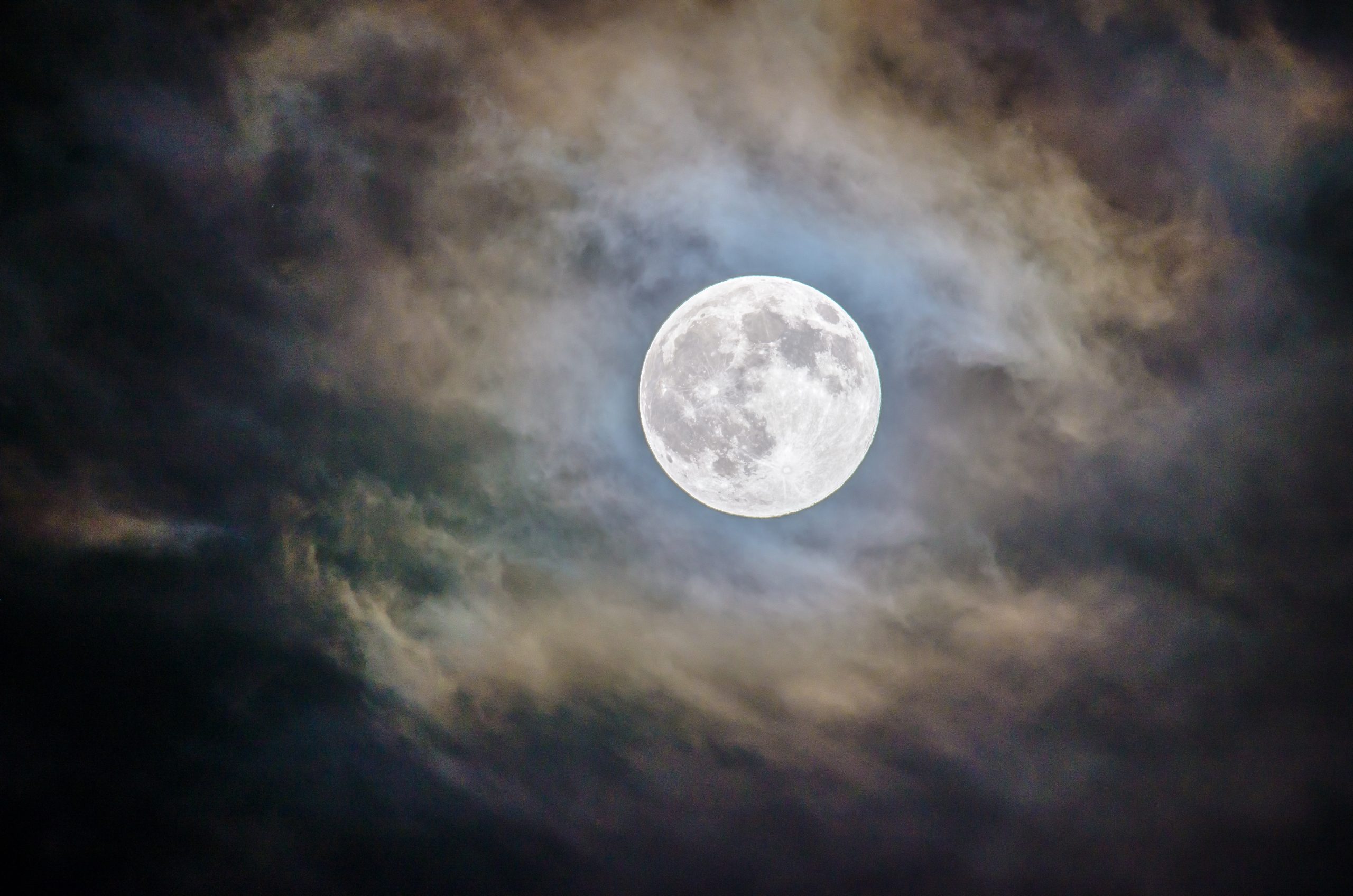Cultural Stories About the Moon: Mystical Myths and Astronomical Adventures
The moon, our celestial neighbor, has captivated human imagination since the dawn of time. As Earth’s only natural satellite, the moon has been the subject of countless myths, legends, and cultural stories across different civilizations and throughout history. These tales not only reflect the deep human connection with the moon but also provide fascinating insights into the diverse beliefs and customs of various cultures. Join us on a journey through time and space as we explore the rich tapestry of cultural stories about the moon.
The Moon in Ancient Mythology
Ancient civilizations, such as the Greeks, Romans, Egyptians, and Chinese, had profound mythological narratives associated with the moon. One of the most famous Greek myths tells the story of Artemis, the goddess of the moon, who embodied its mysterious beauty and represented the cycle of life and death. In Roman mythology, the goddess Diana shared similar traits with Artemis, symbolizing the moon’s connection to fertility, the hunt, and childbirth.
Meanwhile, the Egyptians regarded the moon as a deity named Thoth, the god of wisdom and knowledge. According to their beliefs, Thoth was responsible for measuring time, inventing writing, and guiding souls through the afterlife. In Chinese mythology, Chang’e, the moon goddess, became a prominent figure associated with the Mid-Autumn Festival, a cherished celebration of family reunion and harvest.
These ancient cultural stories demonstrate how the moon was viewed as a powerful force, influencing various aspects of human existence and serving as a source of inspiration.
Moon Folklore and Superstitions
Across different cultures, the moon has been associated with a range of folklore, traditions, and superstitions. For example, the idea that a full moon influences human behavior and causes madness gave rise to the term “lunatic,” derived from the Latin word “luna,” meaning moon. This belief is deeply ingrained in popular culture, shaping stories, literature, and even films.
Additionally, many cultures believe that certain actions or events are best performed under specific lunar phases. In agriculture, planting and harvesting cycles are often molded by moon-related folklore. It is believed that sowing seeds during specific lunar phases can influence the growth and yield of crops. Similarly, some fishing communities follow lunar calendars to optimize their catch, believing that fishing during certain moon phases increases their chances of success.
Superstitions around the moon extend beyond planting and fishing. For instance, in many cultures, it is considered unlucky to point directly at the moon or to sleep with moonlight directly on one’s face. These superstitions reflect the deeply ingrained respect and awe for the moon’s influence on human life.
Moon in Literary and Popular Culture
Throughout history, the moon has played a significant role in literature and popular culture. In Shakespeare’s works, the moon is often used as a symbol of change, mystery, and romanticism. For instance, in “A Midsummer Night’s Dream,” the moon becomes a character in itself, guiding and influencing the actions of the play’s characters.
On a similar note, the Apollo moon landing in 1969 marked a new chapter in human history. This groundbreaking event not only represented a remarkable scientific achievement but also captured the imagination of people worldwide. The moon landing became a source of inspiration for countless films, books, and songs, shaping popular culture for decades to come.
Modern Cultural Stories and Moon Exploration
The exploration of the moon has given birth to newer cultural stories and myths. In recent years, as space agencies and private companies set their sights on lunar missions, the moon has regained its place at the forefront of our collective imagination. The concept of establishing human colonies on the moon and the potential for mining its resources have become popular subjects in science fiction and futurist literature.
Moreover, the moon has become a symbol of communal pride and national identity. Many countries celebrate their accomplishments in space exploration by commemorating moon missions, promoting scientific literacy, and fostering a sense of wonder about our nearest celestial companion.
The Moon’s Eternal Magic
From ancient mythology to modern cultural stories, the moon continues to hold a special place in human culture, inspiring art, science, and spirituality. Its influence on us, both directly and through the countless cultural tales woven around it, serves as a reminder of the intricate relationships between humans and the wider cosmos.
As we gaze at the moon, we glimpse humanity’s collective dreams, hopes, and aspirations. Let’s continue to gaze in wonder at the glowing orb in the night sky, cherishing its eternal magic and allowing the cultural stories about the moon to guide us on our own personal journeys through the universe.
Table of Contents
